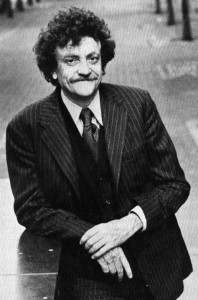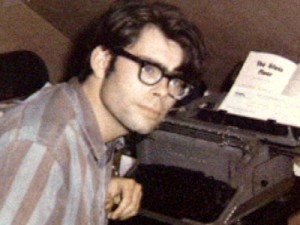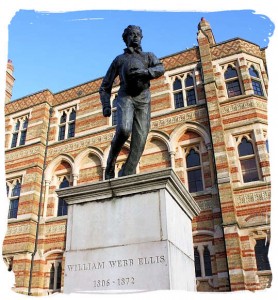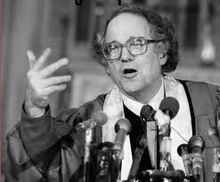This story, the story of this letter, has moved me over and over as if I was reading it for the first time. I might as well have been. Lately it has been on my mind constantly. This is likely because I have recently entertained the possibility that I will never haunt a classroom again, at least not for money. After years in between blackboards and bored kids, mainly in southern Ontario high schools but for five recent campaigns in two northeastern Chinese universities, I may be done with all that. Hence, the Kurt Vonnegut ear-worm, my writing hero‘s blazing honesty on repeat. (How did you do it, Kurt? How did you do it? I’m reading his non-fiction again, trying to find clues, but I mainly get beaten about the ears by the impossibility of doing what he did.)

Humane, funny, tortured, conscious, brave.
Yes. So here’s the set-up. KV’s story is in the second of his “autobiographical collages”, Fates Worse Than Death. (The first was Palm Sunday, if you’re keeping score.) (Desert island books, both. I can read these things again and again.) He’s writing about his saintly “unicorn” of a father, and the stoic resilience he showed as an artist enduring commercial vulgarity and disdain, and as a man surviving the madness of his wife. Kurt Junior ends this whimsically sad tribute to a man living in the wrong era by telling of his own early days as a writer, maybe one born at the right time — if being a World War II infantryman is good timing.
At age 27, Vonnegut was paying bills by writing advertising copy for General Electric by day, but his eccentric short stories were — amazing as this seems in hindsight — being accepted by the mass-market general-interest magazines of the day. The last word on his beauty-loving Daddy was this:
Continue Reading >>




